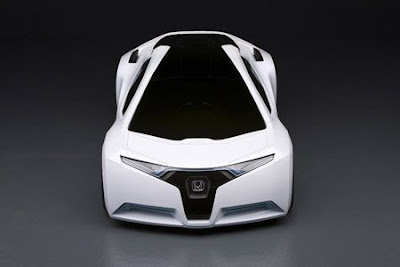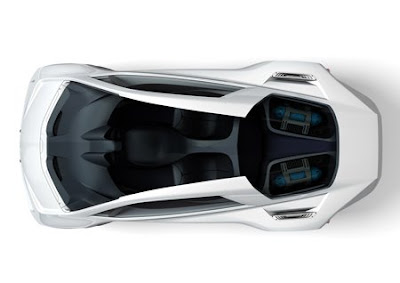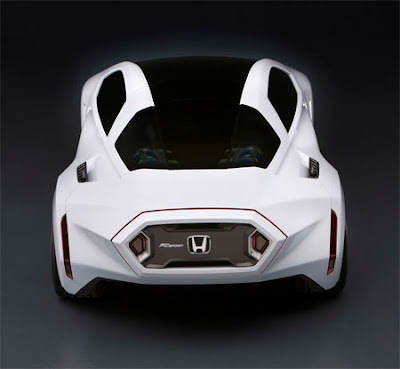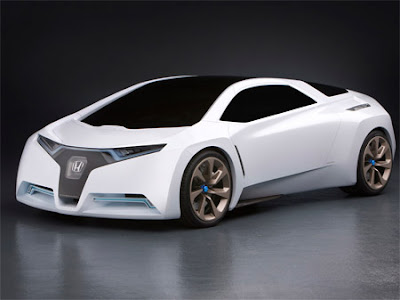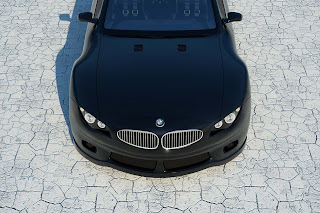Guys, in a few days we will meet year 2009.
"Happy New Year" in Different Languages
Afgani: Saale Nao Mubbarak
Afrikaans: Gelukkige nuwe jaar
Albanian: Gezuar Vitin e Ri
Armenian: Snorhavor Nor Tari
Arabic: Antum salimoun
Assyrian: Sheta Brikhta
Azeri: Yeni Iliniz Mubarek!
Bengali: Shuvo Nabo Barsho
Bulgarian: Chestita Nova Godina
Cambodian: Soursdey Chhnam Tmei
Catalan: FELIÇ ANY NOU
Chinese: Xin Nian Kuai Le
Corsican Language: Pace e Salute
Croatian: Sretna Nova godina!
Cymraeg (Welsh): Blwyddyn Newydd Dda
Czechoslovakia: Scastny Novy Rok
Denish: Godt Nytår
Dhivehi: Ufaaveri Aa Aharakah Edhen
Dutch: GELUKKIG NIEUWJAAR!
Eskimo: Kiortame pivdluaritlo
Esperanto: Felican Novan Jaron
Estonians: Head uut aastat!
Finnish: Onnellista Uutta Vuotta
French: Bonne Annee
Gaelic: Bliadhna mhath ur
Galician [NorthWestern Spain]: Bo Nadal e Feliz Aninovo
German: Prosit Neujahr
Greek: Kenourios Chronos
Gujarati: Nutan Varshbhinandan
Hawaiian: Hauoli Makahiki Hou
Hebrew: L'Shannah Tovah
Hindi: Naye Varsha Ki Shubhkamanyen
Hong kong: (Cantonese) Sun Leen Fai Lok
Hungarian: Boldog Ooy Ayvet
Indonesian: Selamat Tahun Baru
Iranian: Saleh now mobarak
Iraqi: Sanah Jadidah
Irish: Bliain nua fe mhaise dhuit
Italian: Felice anno nuovo
Japan: Akimashite Omedetto Gozaimasu
Kabyle: Asegwas Amegaz
Kannada: Hosa Varushadha Shubhashayagalu
Kisii: SOMWAKA OMOYIA OMUYA
Khmer: Sua Sdei tfnam tmei
Korea: Saehae Bock Mani ba deu sei yo!
Kurdish: NEWROZ PIROZBE
Lithuanian: Laimingu Naujuju Metu
Laotian: Sabai dee pee mai
Macedonian: Srekjna Nova Godina
Malay: Selamat Tahun Baru
Marathi : Nveen Varshachy Shubhechcha
Malayalam : Puthuvatsara Aashamsakal
Maltese: Is-Sena t- Tajba
Nepal: Nawa Barsha ko Shuvakamana
Norwegian: Godt Nyttår
Papua New Guinea: Nupela yia i go long yu
Pampango (Philippines): Masaganang Bayung Banua
Persian: Saleh now ra tabrik migouyam
Philippines: Manigong Bagong Taon
Polish: Szczesliwego Nowego Roku
Portuguese: Feliz Ano Novo
Punjabi: Nave sal di mubarak
Romanian AN NOU FERICIT
Russian: S Novim Godom
Samoa: Manuia le Tausaga Fou
Serbo-Croatian: Sretna nova godina
Sindhi: Nayou Saal Mubbarak Hoje
Singhalese: Subha Aluth Awrudhak Vewa
Siraiki: Nawan Saal Shala Mubarak Theevay
Slovak: A stastlivy Novy Rok
Slovenian: sreèno novo leto
Somali: Iyo Sanad Cusub Oo Fiican!
Spanish: Feliz Ano ~Nuevo
Swahili: Heri Za Mwaka Mpyaº
Swedish: GOTT NYTT ÅR! /Gott nytt år!
Sudanese: Warsa Enggal
Tamil: Eniya Puthandu Nalvazhthukkal
Telugu: Noothana samvatsara shubhakankshalu
Thai: Sawadee Pee Mai
Turkish: Yeni Yiliniz Kutlu Olsun
Ukrainian: Shchastlyvoho Novoho Roku
Urdu: Naya Saal Mubbarak Ho
Uzbek: Yangi Yil Bilan
Vietnamese: Chuc Mung Tan Nien
Welsh : Blwyddyn Newydd Dda!

